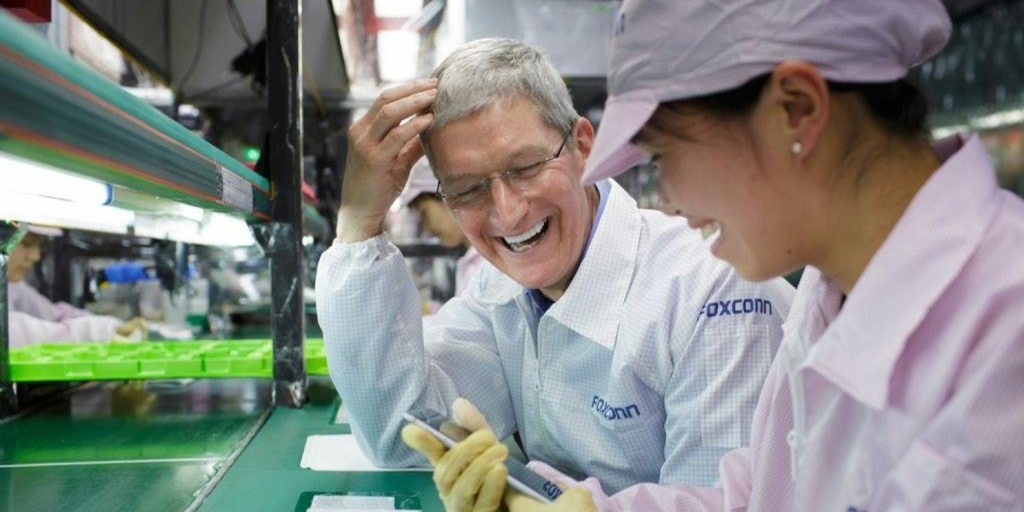Apple's main assembly partner, Foxconn, said on Tuesday that it's aiming to hire over 50,000 people across its Chinese factories during the first quarter, which may at least eliminate any worst-case scenarios in the aftermath of weak iPhone sales.
"Efforts are in progress to recruit for more than 50,000 positions across our China campuses in Q1 2019," Foxconn told Reuters in response to questions about whether it was currently hiring.
On Friday a report said that about 50,000 seasonal workers had been dismissed since October, when the manufacturer would normally keep people on until at least January. Though not confirmed it's strongly believed that the cause was poor iPhone sales, particularly in China, which Apple recently blamed for a $5 billion revenue shortfall last quarter.
In December, five production crew members told Reuters that at Foxconn's Zhengzhou factory, thousands of people — including some permanent employees — had left voluntarily because of a lack of weekend and overtime opportunities, and cut or canceled bonuses.
Apple generates about half of Foxconn's annual revenue, so any serious dip in iPhone sales has automatic repercussions.
Chinese iPhone sales were likely hurt by a combination of factors. The country's economy is in rough shape, only exacerbated by a trade war with the U.S. Into this Apple launched its most expensive iPhones ever, despite local brands like Huawei and Xiaomi offering quality phones for hundreds of dollars less.
Foxconn may be working to shift some of its iPhone production to India, joining fellow Apple partner Wistron. That could mitigate the impact of trade wars while allowing Apple to meet local sourcing requirements for retail, as well as dodge import costs, which have pushed iPhones further out of reach for most Indians. The iPhone controls just 1 percent of the Indian smartphone market.
 Roger Fingas
Roger Fingas








 Christine McKee
Christine McKee
 Malcolm Owen
Malcolm Owen
 Marko Zivkovic
Marko Zivkovic

 Andrew Orr
Andrew Orr
 Andrew O'Hara
Andrew O'Hara
 William Gallagher
William Gallagher



-m.jpg)



4 Comments
As mentioned elsewhere:
"The statement is most notable for what it doesn’t say. Foxconn doesn’t deny the earlier reported layoffs (
They will all be used to assemble Hauwei phones instead of iDevices.
If people are laid off it's Apples fault only.
/s
To me this seems like the Chinese government putting pressure on them to rehire the ones laid off because of the weaker iPhone sales (that were weaker because of China trying to "get" Trump for his tariff negotiations).